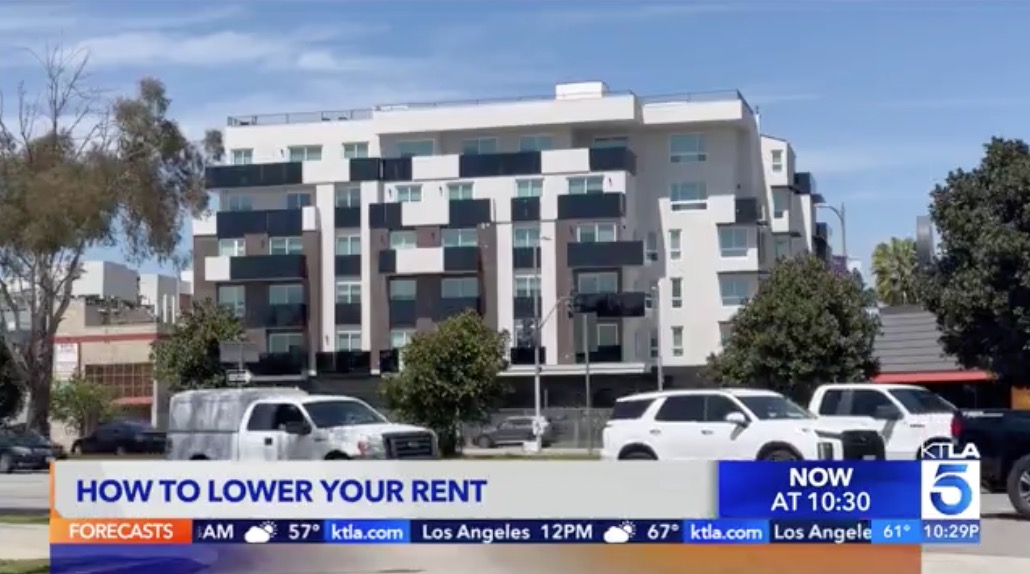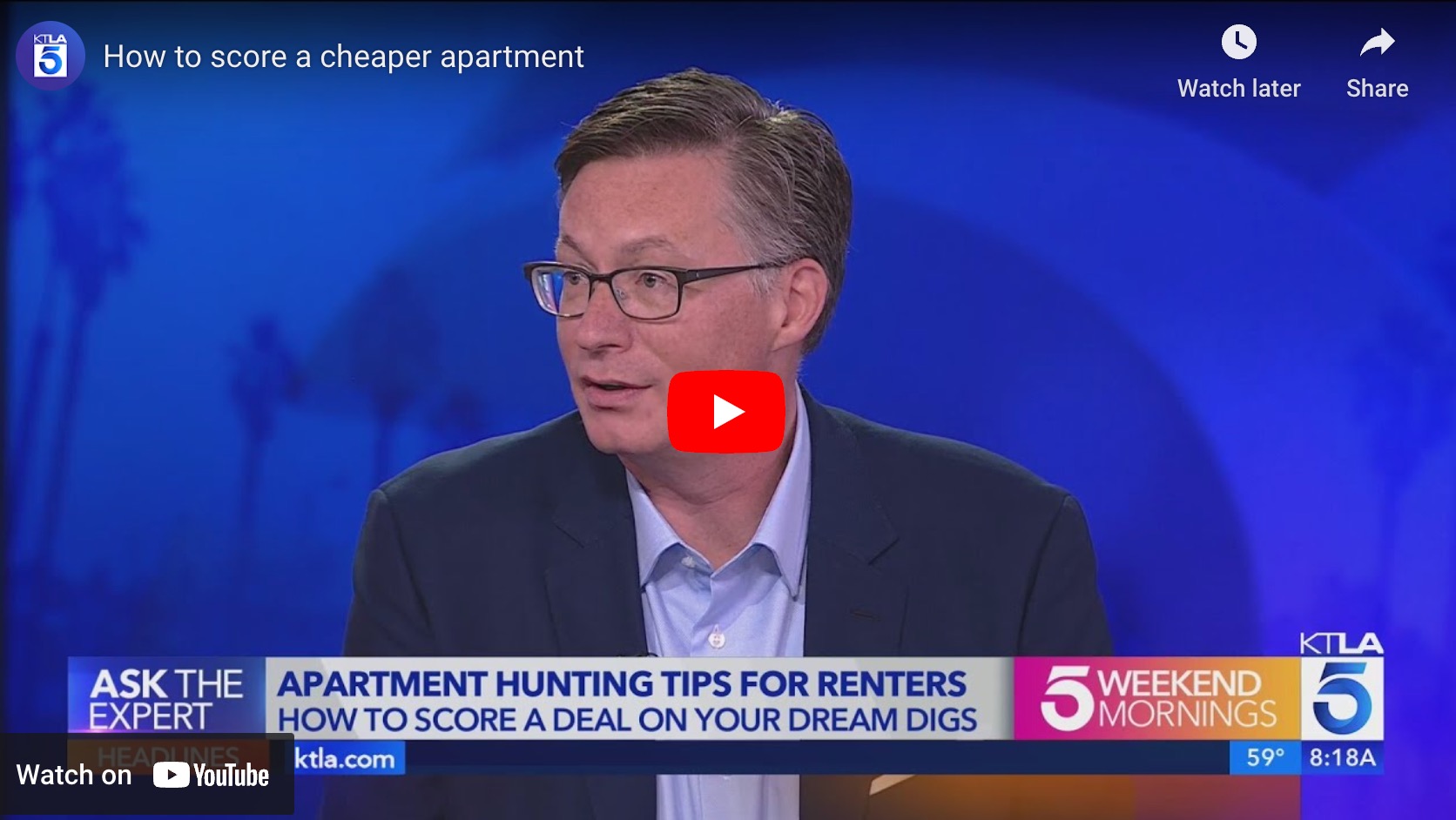Whether you’re new to the apartment lifestyle or a seasoned tenant, life in a multifamily property isn’t always smooth sailing, especially if you’re dealing with a problematic landlord. Let’s take a closer look at common problems faced by today’s tenants and provide strategies for solving them quickly, starting by looking at the current leasing and rental markets.
Are Landlord Problems Becoming More Common?
Although most landlords and property managers act responsibly, a few choose not to. Others are unaware of how to manage a rental according to state laws.
Furthermore, a recent survey of around 1,000 renters found that tenant/landlord disputes are becoming more common.
- 31.5% of renters claimed their landlords have secretly filmed them.
- Nearly 75% reported rent increases since 2020 by an average of 34.1%.
- 58.6% of tenants moved out because they had a bad relationship with their landlord.
Let’s look at some common problems between tenants and their landlords.
Your Right to Be Safe and Comfortable
As a tenant, your rent “buys” you certain basic rights. These include being safe, secure, and comfortable inside your rental unit.
This means that your apartment should provide reliable heat, electricity, and hot and cold water. Doors should lock securely.
Although tenants’ rights vary from state to state, here are the requirements that virtually every landlord is required to provide:
- Heat;
- Running hot and cold water;
- Working locks and keys;
- A functioning smoke detector.
Most landlords respect and follow these laws. However, a problematic landlord may choose to ignore them.
If that’s your case, here are some tips to convince your landlord to hold up their end of the deal.
Ways to Nudge Your Landlord Into Action
If you’ve been unable to lock your door properly for a week or if your heat’s not working when it’s 20 degrees outside, your state’s tenant/landlord code explains what you can do to rectify the situation.
However, tenant rights vary widely by state.
- For example, some states’ laws state that tenants must allow at least one or two weeks for a landlord to repair a broken lock or heater.
- Other state statutes only define the allowed repair timeframe as “reasonable.”
If any repair deadline passes and your landlord won’t commit to taking care of your problem, your options as a tenant may differ depending on your state.
- Some states allow tenants to pay for repairs and deduct the cost from their rent.
- Other states allow tenants to refuse to pay rent until the repairs are completed.
- Some states allow tenants to ask a local Board of Health or a court to order the landlord to make repairs.
- Other states allow the tenant to break a lease and move out without penalty.
Since no two states have identical tenant/landlord rules, it’s a smart idea to find and download your state’s version.
Finding Your State or City’s Tenant/Landlord Guides
Here’s how you can locate your state’s tenant/landlord rules:
- You can find links to each state’s tenant/landlord rules by visiting HUD’s directory of tenant rights for each state.
- Not all links from this site will take you directly to your state’s Tenants Rights page.
- For example, if you live in Pennsylvania, your Attorney General’s website contains a link to the Consumer Guide for Tenant and Landlord Rights.
You can also search for your tenant’s rights guide on your state’s Attorney General’s website. After you locate your state’s tenant/landlord Guide, familiarize yourself with all sections.
Most state guides don’t simply outline rules for landlords. Tenants are also expected to hold up their end of the deal.
How to Build Good Tenant Karma
In addition to the terms of your lease, tenants are generally expected to:
- Follow all housing and health codes;
- Clean and sanitize your living spaces;
- Take out the garbage as scheduled;
- Inform your landlord of pets if he/she has a pet policy;
- Keep plumbing fixtures clean, and report any in disrepair;
- Maintain occupancy without disturbing other tenants or neighbors;
- Treat appliances with respect.
Following these rules does more than make your home a pleasant, relaxing place. You’ll score points with your problematic landlord as it shows you respect their building.
However, not all problems are in regard to repairs or safety. You may find your landlord’s personal behavior unacceptable.
When Landlord Disputes Become Personal
While delayed or substandard repairs are common tenant complaints, there are others that can make your life just as miserable. Here are some examples.
A landlord enters your unit without advance notice, or when you are not at home.
- Most leases state that the landlord must give advance notice before entering your apartment.
- The only exception is if there’s a possible emergency within your apartment, such as a gas leak.
- If you’re sure that your landlord entered your rental without letting you know ahead of time, this could be legal justification to file a complaint with your state.
If your landlord is verbally abusive or provides substandard services.
Fair Housing laws protect you if a problematic landlord or property manager discriminates against you because of your:
- Race;
- Color;
- National Origin or Ancestry;
- Gender/Gender Identity;
- Sexual Orientation;
- Religion.
If you’re not sure if you’re protected, the US Department of Housing and Urban Development (HUD) offers several examples of how landlords may attempt to discriminate against certain tenants.
Stay Diligent & Always Read the Fine Print
One smart way to prevent future problems is to go over your lease in the presence of the landlord or property manager before you sign it.
If any section doesn’t apply to you or is hard to understand, ask for an explanation.
Next, ask that your landlord walk through your new apartment with you before moving in.
During this inspection, make notes and takes pictures of any damage, no matter how minor. This will protect you from being accused of causing the damage later.
Also, if the landlord does not offer to repair the damage before the move-in, ask that this be part of your lease. If the landlord refuses, it’s time to look elsewhere.
Looking for a new rental home? Check out Dwellsy today!








